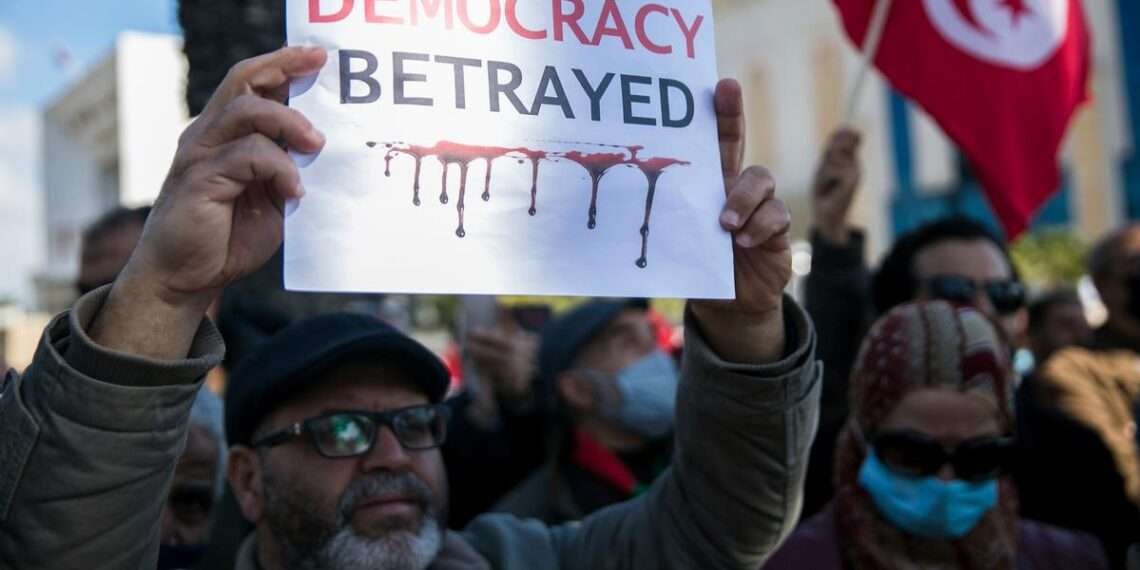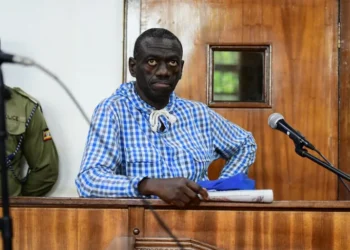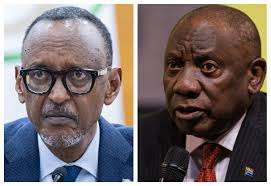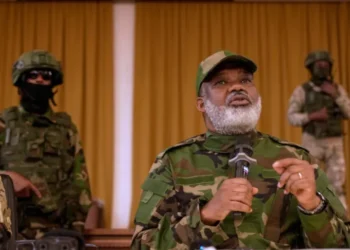In recent months, a wave of protests has swept across several African nations, driven by disillusioned youth demanding change and accountability from their governments.
Countries such as Kenya and Uganda have already taken to the streets with Nigeria and Ghana planning to do the same to protest against corruption, unmet promises, and escalating hardships.
A recent Afrobarometer survey underscores these sentiments, revealing a complex landscape of democratic support juxtaposed with deepening dissatisfaction.
The Afrobarometer survey paints a nuanced picture: while two-thirds (66%) of Africans still prefer democracy over other systems of governance, there is a palpable decline in satisfaction with its implementation.
Notably, opposition to military rule remains high at 66%, yet more than half (53%) of Africans are willing to accept a military takeover if elected leaders abuse their power.
The survey also highlights a significant drop in satisfaction with democracy in prominent democracies like South Africa, Botswana, and Mauritius. The figures were -35, -40, and -40 points respectively.
The Vaultz News in an interview with Dr. Joshua Oppong delved into these findings and their implications.
When asked about the main factors contributing to the decline in satisfaction with democracy in Africa, particularly among the youth, Dr. Oppong explained, “Most people will cite different factors as the cause of the decline in democracy in Africa, but I would say that for democracy to work, it needs to ride on a good value system. Unfortunately, the value system in Africa is quite weak, so democracy is struggling. Fix the value system, and things will begin to take shape.”
Regarding the increasing willingness among Africans to accept military rule under certain conditions and what this says about their trust in elected leaders, Dr. Oppong asserted, “The willingness to accept military rule reflects deep frustration with civilian leadership.”
“It suggests that people are desperate for any form of governance that can deliver stability and address their grievances. When leaders fail to uphold their promises and abuse their power, the populace starts seeking alternatives, even if those alternatives are less democratic.”
Dr. Joshua Oppong
Democracy On Decline In Some African Countries
Given the significant drop in satisfaction with democracy in countries like South Africa, Botswana, and Mauritius, Dr. Oppong emphasized the lessons other African democracies can learn to avoid a similar decline.
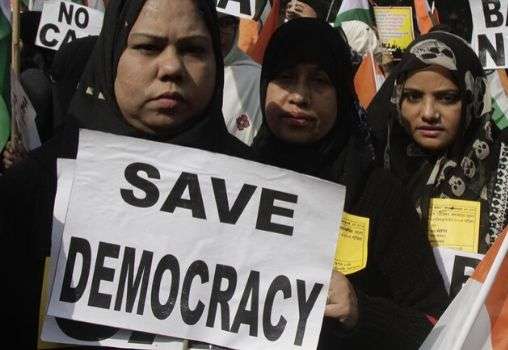
“This trend is clearly alarming. Every governance system is meant to serve the needs of the people; however, if there is a disconnect between the government and the populace, that system has no value since it is not doing what it is supposed to. Transparency and accountability are key here. Governments must ensure that they are transparent in their dealings and held accountable for their actions. This builds trust and faith in the system.”
Dr. Joshua Oppong
In discussing the most effective strategies that African governments can adopt to restore faith in democratic processes and address the disillusionment of the youth, Dr. Oppong highlighted a fundamental issue.
“One major problem is that Africa has adopted democracy ‘wholesale’ without contextualizing it to fit the local culture. I think the first step is to review how we adopted it and how we can tweak it to fit the local climate.
“Additionally, governments need to focus on economic development, create inclusive political spaces, and address corruption. Youth engagement programs and policies that prioritize education and employment are essential.”
Dr. Joshua Oppong
On the role international organizations and civil society can play in supporting democratic governance and ensuring that African leaders are held accountable to their promises, Dr. Oppong noted, “They can provide support through funding, training, and monitoring democratic practices. Civil society organizations play a critical role in advocating for reforms, raising awareness, and holding leaders accountable. By working together, international organizations and civil society can help reinforce the foundations of democracy and promote a culture of accountability.”
As Africa grapples with these challenges, the voices of the youth and the insights of experts like Dr. Oppong underscore the urgent need for reforms.
Addressing the root causes of disillusionment and fostering a value system that supports democratic principles are pivotal steps toward a more stable and prosperous future for the continent.
READ ALSO: Government’s Ambulance Maintenance Contract Sparks Public Outcry

